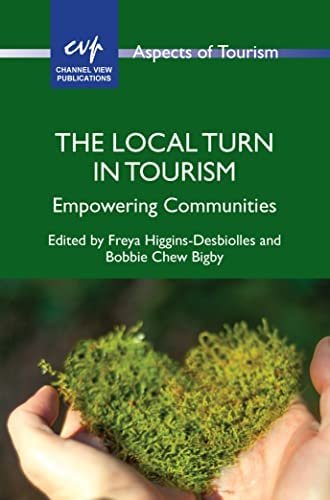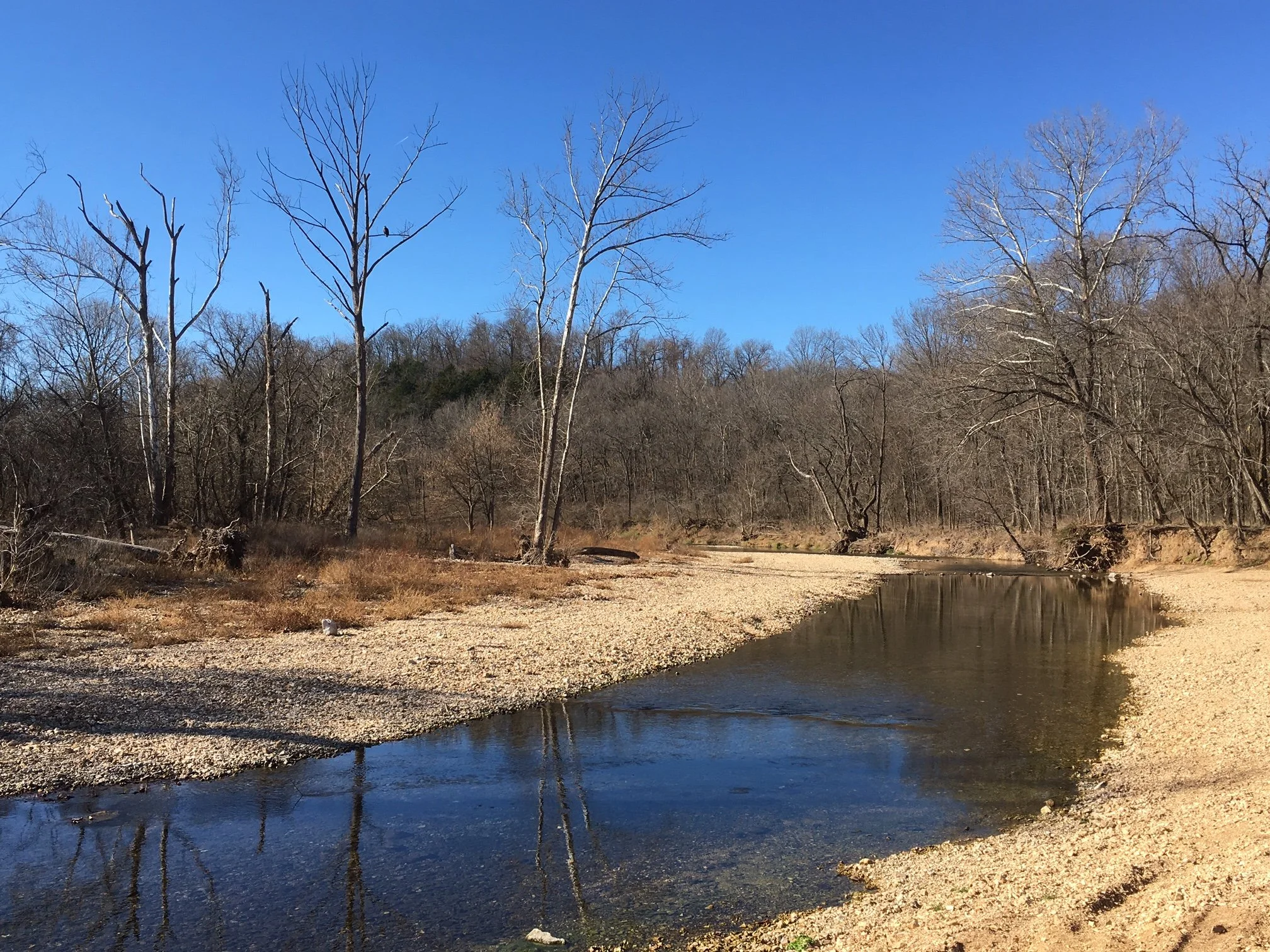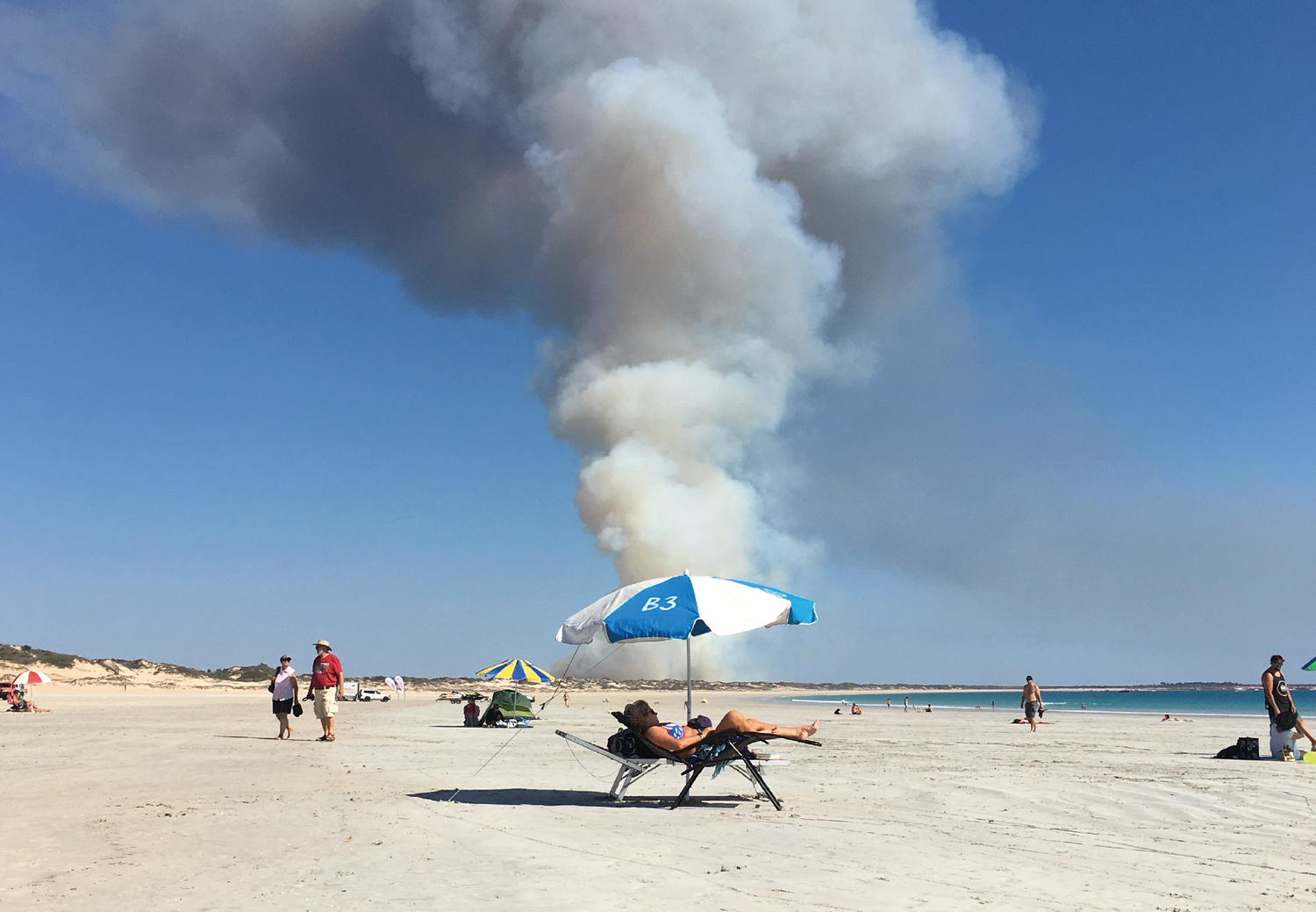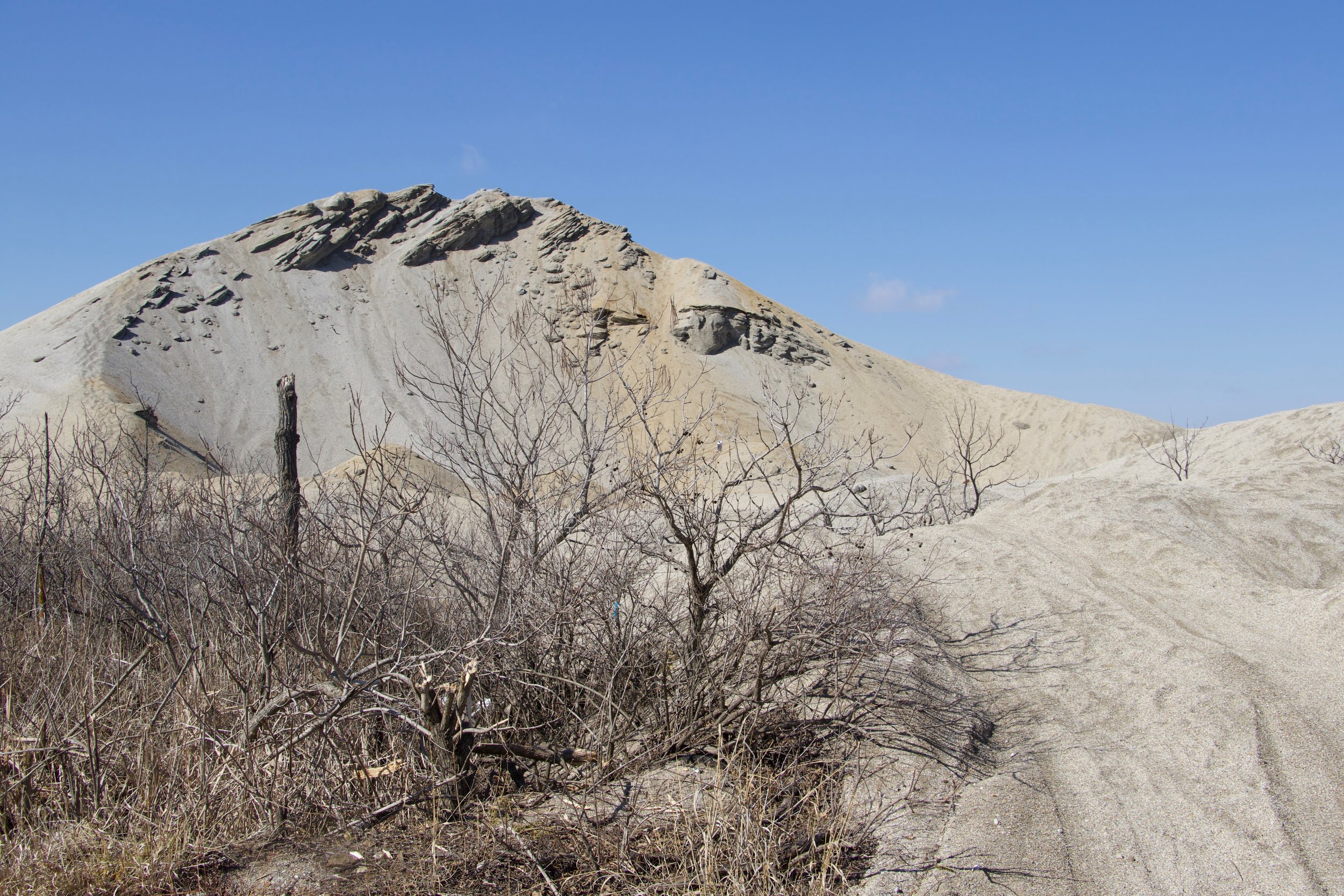


















Bobbie’s writing and research interests broadly explore the links between tourism and connections to culture, Country and community for Indigenous and post-conflict communities. An important thread in Bobbie’s recent writing sits at the intersection of Indigenous perspectives, arts and histories in the midst of climate crises and transitions toward ‘green’ economies and energy sources.
A selection of recent work—geared towards academia, community and industry— is listed below.
For academic audiences, more of Bobbie’s work can also be found on: Google Scholar, Academia.edu and Research Gate.

By: Bobbie Chew Bigby, Jeremy Smith & Freya Higgins-Desbiolles
Climate justice is an inclusive approach to climate action that emphasizes the leadership and capabilities of affected communities and recognizes the unequal responsibility that certain groups (e.g. countries, industries, and businesses) bear in relation to both historical and current greenhouse gas emissions. Just climate action centres on those who are most vulnerable to climate change, and who are often least responsible for causing it.
This report highlights the importance of integrating climate justice into the travel and tourism industry’s response to climate change. It explores the many reasons for looking at tourism through a climate justice lens and highlights the risks of not doing so. In particular, it calls on the industry to prioritize two key considerations: fair action on emissions and fair action on adaptation and resilience.

Indigenous-led Toxic Tours
In partnership with local mentors in my community, Rebecca Jim (Cherokee) and Earl Hatley (Abenaki) I have focused on documenting the potential and power of Indigenous-led toxic tours. These are usually non-commercial tours of places and communities that have been environmentally assaulted, impacting all aspects of culture, community and life. A particular focus has been working in solidarity with LEAD Agency in northeastern Oklahoma that has been at the forefront of advocacy for people and place in spite of severe lead contamination.
This writing on Tar Creek Toxic Tours can be found in the Journal of Sustainable Tourism (2023), Socialising Tourism (2021) book, and most recently in the Australian Journal of Environmental Education.
The toxically assaulted waters of Tar Creek run rust red in color. Photo: Clifton Adcock
The Local Turn in Tourism: Empowering Communities
(Channel View, 2022)
Edited by Freya Higgins-Desbiolles and Bobbie Chew Bigby
In a world that is subject to rapid change and cascading crises this book considers the vital importance of local communities to grounded, just and sustainable tourism futures. Embracing local tourism as relational, the contributors examine how tourism can be reoriented to better connect people, place and planet. This local turn starts by centring local communities at the heart of tourism and identifies ways to ensure local community rights and benefits in tourism.

In recent months, Bobbie has successfully completed her PhD. Her doctoral thesis critically examines the links between Indigenous-led tourism and connections to culture, Country (land + water) and community (human and non-human). The research for this thesis takes a collaborative and comparative approach, bringing in the voices of Indigenous tourism leaders from both the Aboriginal Kimberley region of northwest Australia and Oklahoma Indian Country in the US.
Click here to watch an overview of Bobbie’s final thesis presentation
Further information from this project will be shared in due course.
Socialising Tourism: Rethinking Tourism for Social and Ecological Justice
(Routledge, 2021)
Edited by Freya Higgins-Desbiolles, Adam Doering and Bobbie Chew Bigby
Socialising Tourism means reorienting travel and tourism based on the rights, interests, and safeguarding of traditional ecological and cultural knowledges of local peoples, communities and living landscapes. This means making tourism work for the public good and taking seriously the idea of putting the social and ecological before profit and growth as the world re-emerges from the COVID-19 pandemic. This is an essential first step for tourism to be made accountable to the limits of the planet. Concepts discussed include Indigenous culture, toxic tourism, a "theory of care", decolonial tourism and animal oppression, among others, all in the context of a post-COVID-19 world.

